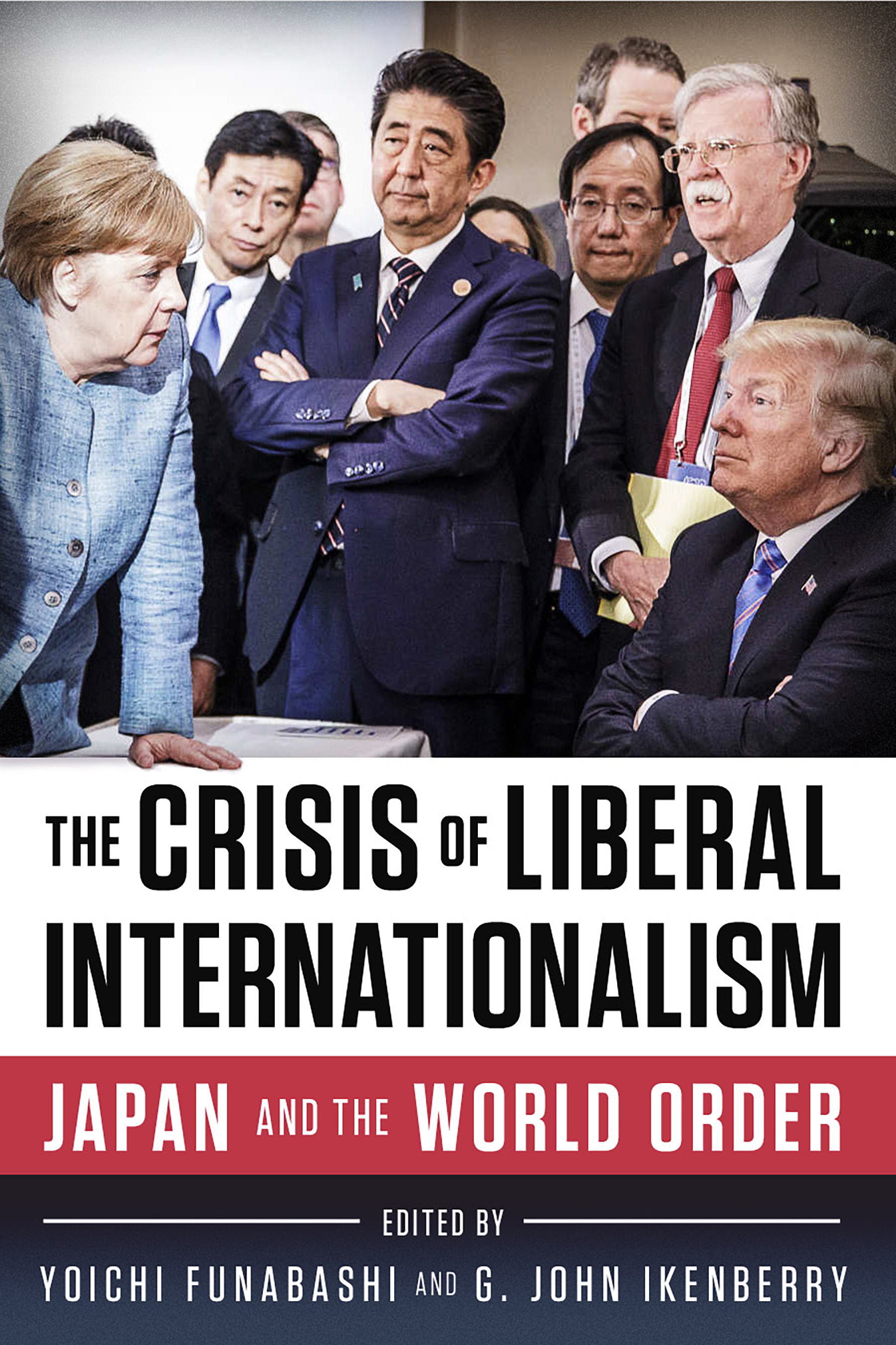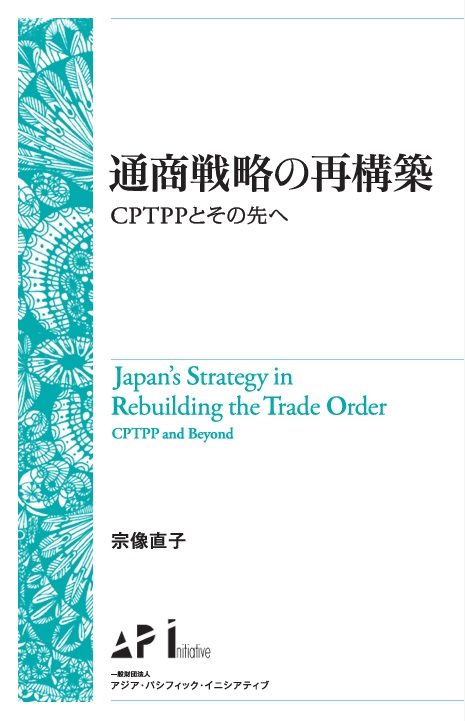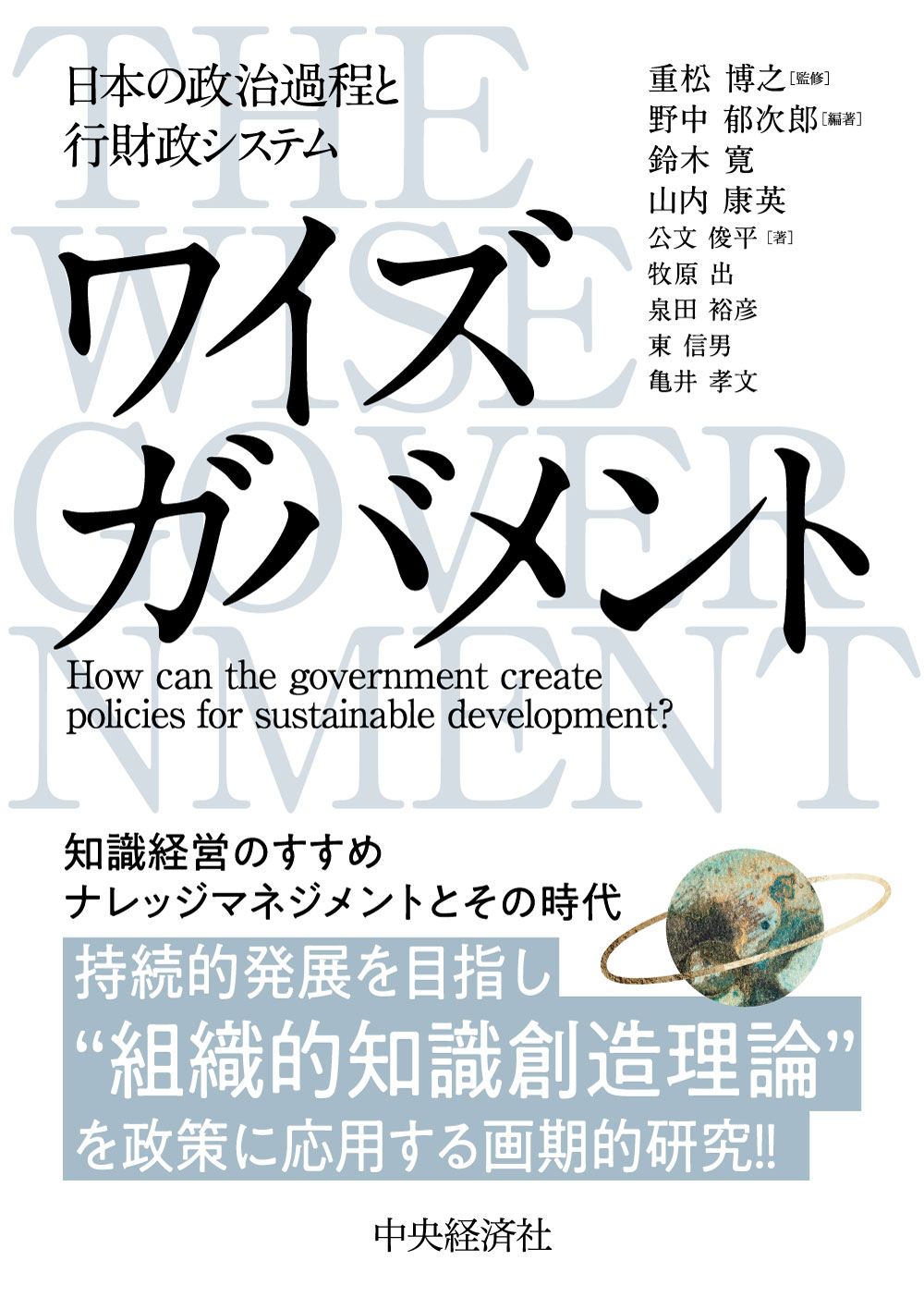
Title
The Crisis of Liberal Internationalism Japan and the World Order
Size
401 pages
Language
English
Released
February 04, 2020
ISBN
9780815737674
Published by
Brookings Institute Press
Book Info
See Book Availability at Library
Japanese Page
Over the past 70 years, Japan is one of the countries that has profited the most from the United States-led “liberal international order.” This order refers to a series of rules, standards, and systems for managing cross-national relationships in an open fashion. The maintenance of peace and stability in East Asia would likely not have been possible without value systems focused on democracy and human rights, the General Agreement on Tariffs and Trade (GATT) (which supports the advancement of free trade), and the security guarantees provided by the alliance structure with the United States. It is precisely because of said alliance structure that Japan, South Korea, and even China have been able to attain economic prosperity. In addition, through its participation in international organizations, Japan has become a major power that is both democratic and non-militaristic. In short, the liberal international order may be accurately described as forming the strategic foundation of Japan’s prosperity and national interest.
However, the foundation of this post-war international order is currently facing risks around the globe. In the Asia-Pacific region, democracy is retreating. China has begun using state-led capitalism to challenge the ideology and systems that have come to be led by the United States. Even the United States, playing a crucial role in the system, has found itself lacking in both intentions and capabilities with regards to maintaining and advancing the liberal international order, particularly in the Asia-Pacific region.
Among these developments, Japan’s efforts to maintain the liberal international order are worthy of attention. For example, the second Shinzo Abe administration’s spearheading the Comprehensive and Progressive Agreement for Trans-Pacific Partnership (CPTPP) is the first example in the post-war period of Japan playing a leadership role in multi-lateral trade liberalization without external pressure to do so.
To safeguard the liberal international order and pursue assertive foreign policy, restricting the occurrence of domestic populism is essential. It may be said that Japan has been comparatively successful in suppressing the rise of such populism.
This book analyzes and assesses the policies of the Abe administration, and offers proposals regarding the roles that Japan should play moving forward to protect and reform the liberal international order in the Asia-Pacific region.
The first half of the book covers Japan’s foreign policy aimed at supporting liberalism and stability in the Asia-Pacific region. This content includes regional security, trade, economy, international organizations, diplomacy, nuclear non-proliferation, etc. The latter half focuses on how a domestic environment with a healthy democracy is created, in order to resolve international issues. Discussion and debate concerning national welfare, immigration, populism, mass media, history-related challenges, and the country’s constitution are essential elements that form the foundation of Japan’s execution of a more ambitious vision of the regional order. Finally, inquiry is made into thoughts and opinions shared by the people of Japan with regard to the country playing an assertive role in international issues. Knowledge gained from this investigation is then examined.
(Written by HAYASHI Kaori, Professor, Interfaculty Initiative in Information Studies / 2021)
Table of Contents
Yoichi Funabashi
Introduction
Japan and the Liberal International Order
Yoichi Funabashi, G.John Ikenberry
Part I Foreign Policy
1 Proactive Stabilizer: Japan’s Role in the Asia-Pacific Security Order
Adam P. Liff
2 Follower No More?: Japan’s Leadership Role as a Champion of the Liberal Trading Order
Mireya Solís
3 Reformist Status Quo Power: Japan’s Approach toward International Organizations
Phillip Y. Lipscy
4 Universality to Plurality?: Values in Japanese Foreign Policy
Maiko Ichihara
5 Atoms for Alliance Challenges: Japan in the Liberal International Nuclear Order
Nobumasa Akiyama
Part II Statecraft
6 Japan’s Homogenous Welfare State: Development and Future Challenges
Akihisa Shiozaki
7 Winds, Fevers, and Floating Voters: Populism in Japan
Ken Victor Leonard Hijino
8 Japan’s Incomplete Liberalism: Japan and the Historical Justice Regime
Thomas Berger
9 The Perils and Virtues of Constitutional Flexibility: Japan’s Constitution and the Liberal International Order
Kenneth Mori McElwain
10 The Silent Public in a Liberal State: Challenges for Japan’s Journalism in the Age of the Internet
Kaori Hayashi
11 Japan and the Liberal International Order: A Survey Experiment
Adam P. Liff, Kenneth Mori McElwain
Contributors
Index



 Find a book
Find a book


 eBook
eBook
